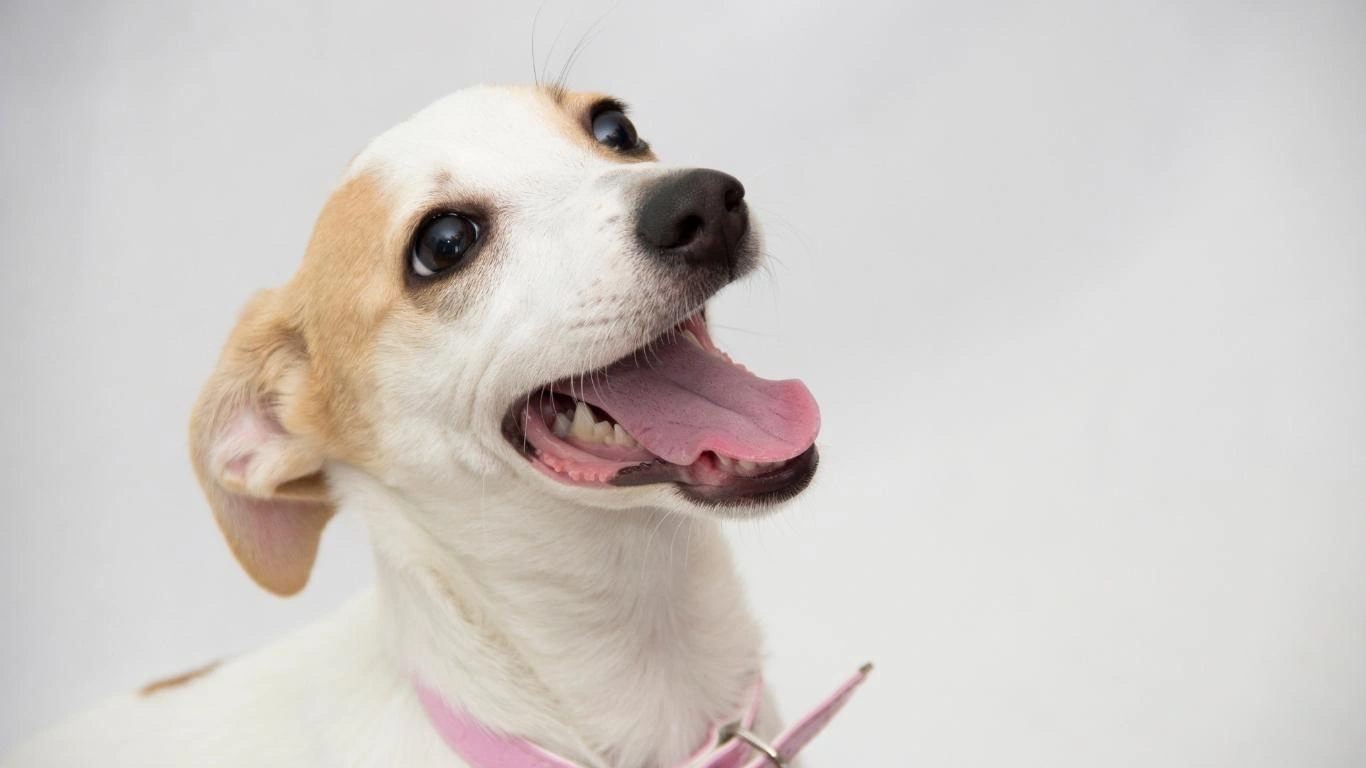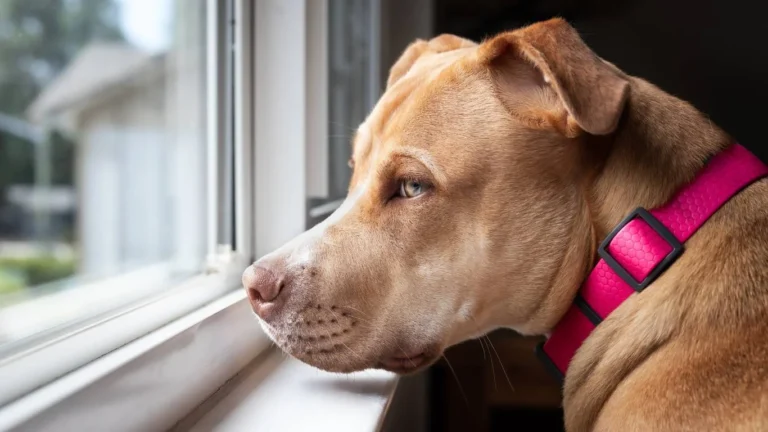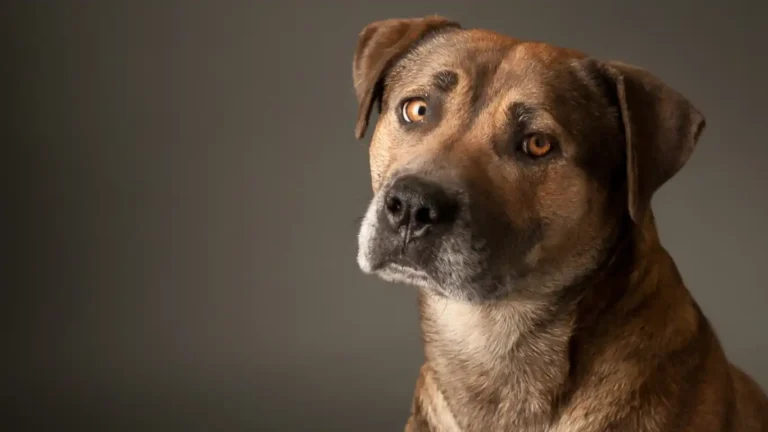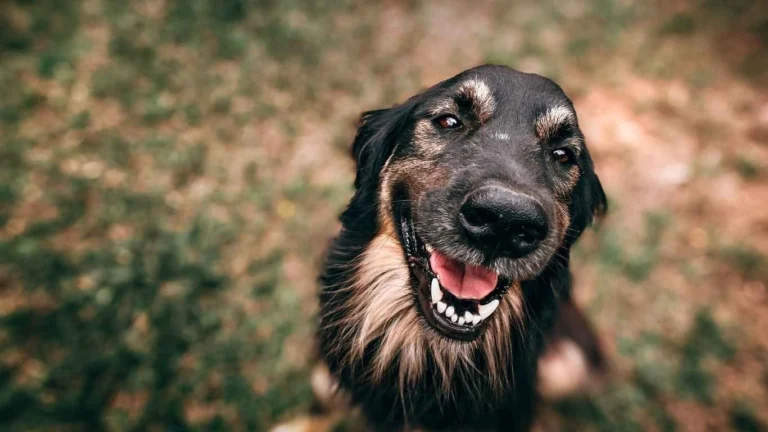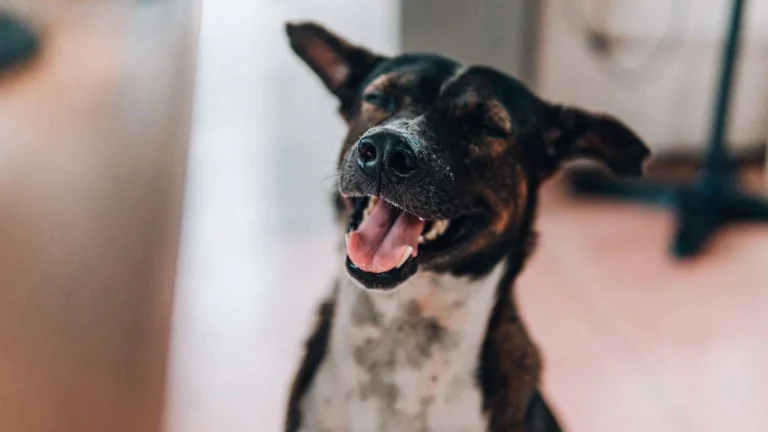Avoid Dangerous Bloat with a Better Dog Diet Plan
When it comes to our furry companions, few things are more terrifying than the dreaded bloat—also known as Gastric Dilatation-Volvulus (GDV). It hits fast, can be fatal, and often leaves pet parents asking, “What could I have done differently?” Based on my time working as an Animal Care Specialist in both pet clinics and shelters, I’ve seen the heartbreak of bloat firsthand—especially when it’s preventable. One of the most powerful tools in our dog-care arsenal is something we often overlook: how to prevent bloating with better dog diet. So, let’s talk real talk—straight from the dog bowls to the emergency vet visits—and dig into how diet tweaks can literally be lifesavers.
Understanding Bloat: What Every Dog Owner Should Know
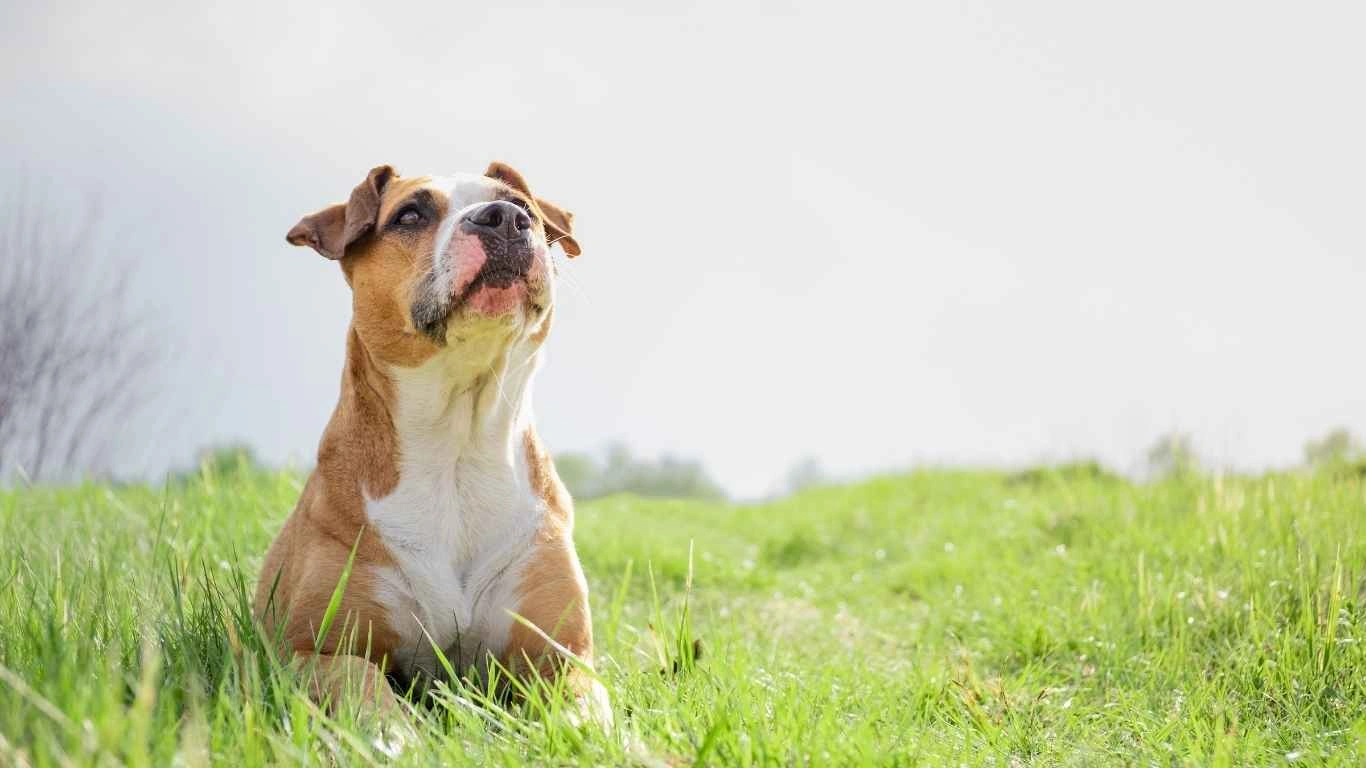
Bloat isn’t just your dog having a big meal and looking like they swallowed a balloon. Nope. It’s a critical condition where the stomach fills with gas and can twist, cutting off blood supply to vital organs. Scary, right? It can hit suddenly, and without quick veterinary intervention, it can be fatal. I remember one case—a lovely Great Dane named Charlie—he came into the clinic panting, restless, and trying to vomit without producing anything. His owners thought he’d just eaten too fast. But within 20 minutes, it turned serious. Trust me, if you’ve seen bloat once, you’ll never forget it.
Common Risk Factors
- Large or deep-chested breeds (think Great Danes, Boxers, Weimaraners)
- Eating too fast
- One large meal per day
- Stress or anxiety during feeding
- Exercising too soon after meals
Now, some of these you can’t change—your dog’s breed is your dog’s breed—but others? You can absolutely improve with a smarter, more thoughtful feeding strategy.
How to Prevent Bloating with Better Dog Diet
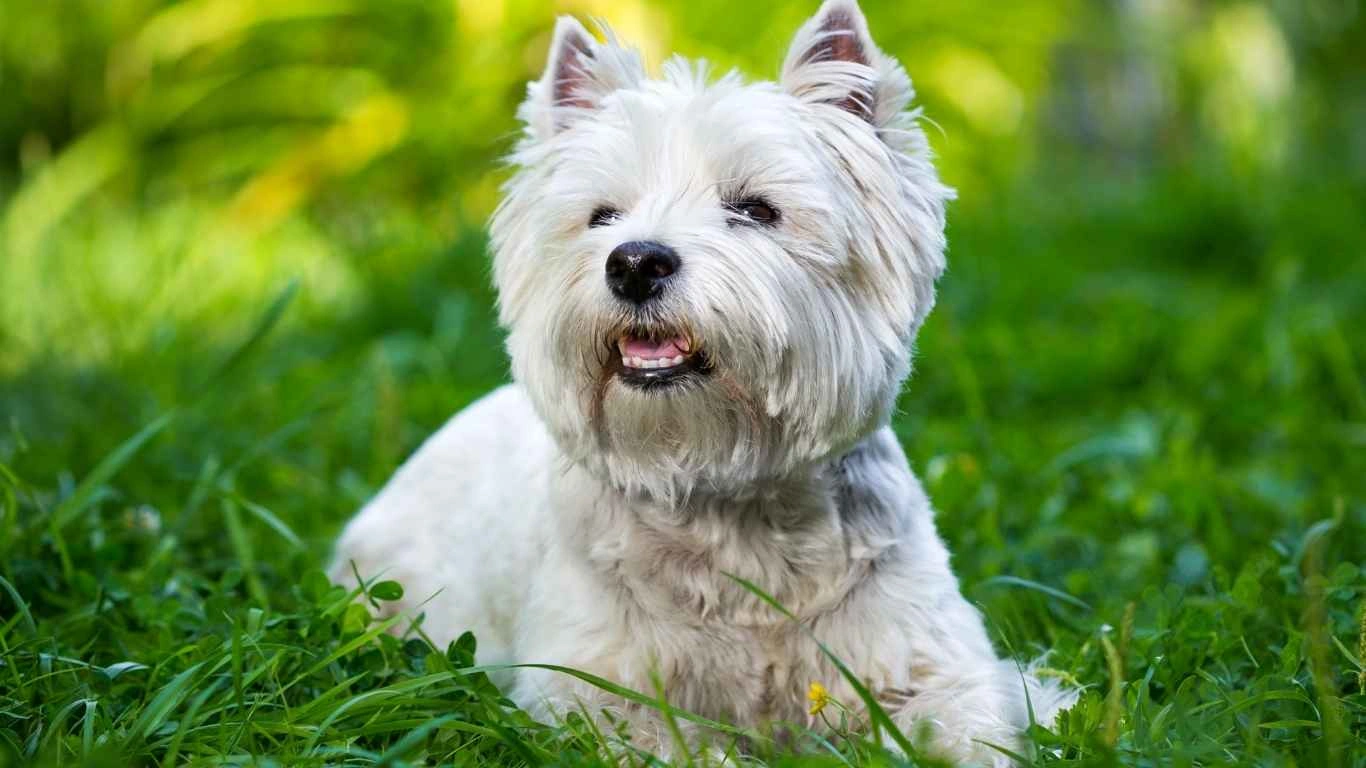
This is where your everyday choices matter. Food isn’t just fuel—it’s medicine, it’s prevention, it’s the difference between another happy walk in the park or a stressful trip to the ER. Over the years, I’ve guided countless pet parents in clinics and shelters on how simple diet shifts can reduce bloat risks big time.
1. Break Up Meals
Instead of feeding your pup once a day, aim for two or even three smaller meals. Think of it like this: if you ate a Thanksgiving dinner all at once, then went for a jog, you wouldn’t feel too hot either, right?
2. Slow the Eating Down
This one’s huge. Dogs who scarf their food like it’s their last meal are at higher risk. Try:
- Using a slow feeder bowl
- Placing a clean rock or ball in the bowl (so they eat around it)
- Spreading food out on a baking sheet
I’ve seen shelter dogs devour food like they hadn’t eaten in days (because sometimes, they hadn’t). But even in those tough situations, slow feeding techniques made a big difference. They calmed down over time, and it helped their digestion immensely.
3. Choose the Right Food
Not all kibble is created equal. Some dry foods swell up like sponges when wet—and guess what happens when they expand inside your dog’s stomach? Yep. Gas. Look for:
- High-protein, low-carb formulas
- Limited-ingredient or easily digestible recipes
- Brands without artificial fillers or excessive grains
I always recommend reading the label. If the first ingredient isn’t real meat, toss it back on the shelf.
4. Avoid Fermentation-Causing Foods
This one’s lesser-known but important. Some foods ferment in the gut, producing excess gas. Watch out for:
Your dog’s belly isn’t built to handle a lot of “people food,” and that includes leftovers, no matter how lovingly shared. I once saw a golden retriever hospitalized after a big Thanksgiving feast—turkey skin, mashed potatoes, and pie crust are not dog-friendly, no matter how cute their begging face is!
5. Hydration Matters
While water is crucial, chugging a full bowl right before or after a meal can add to stomach distension. Offer water throughout the day, but keep it moderate during mealtimes. Ice cubes or a splash of low-sodium broth can encourage steady sipping instead of gulping.
Smart Feeding Habits That Go Beyond the Bowl
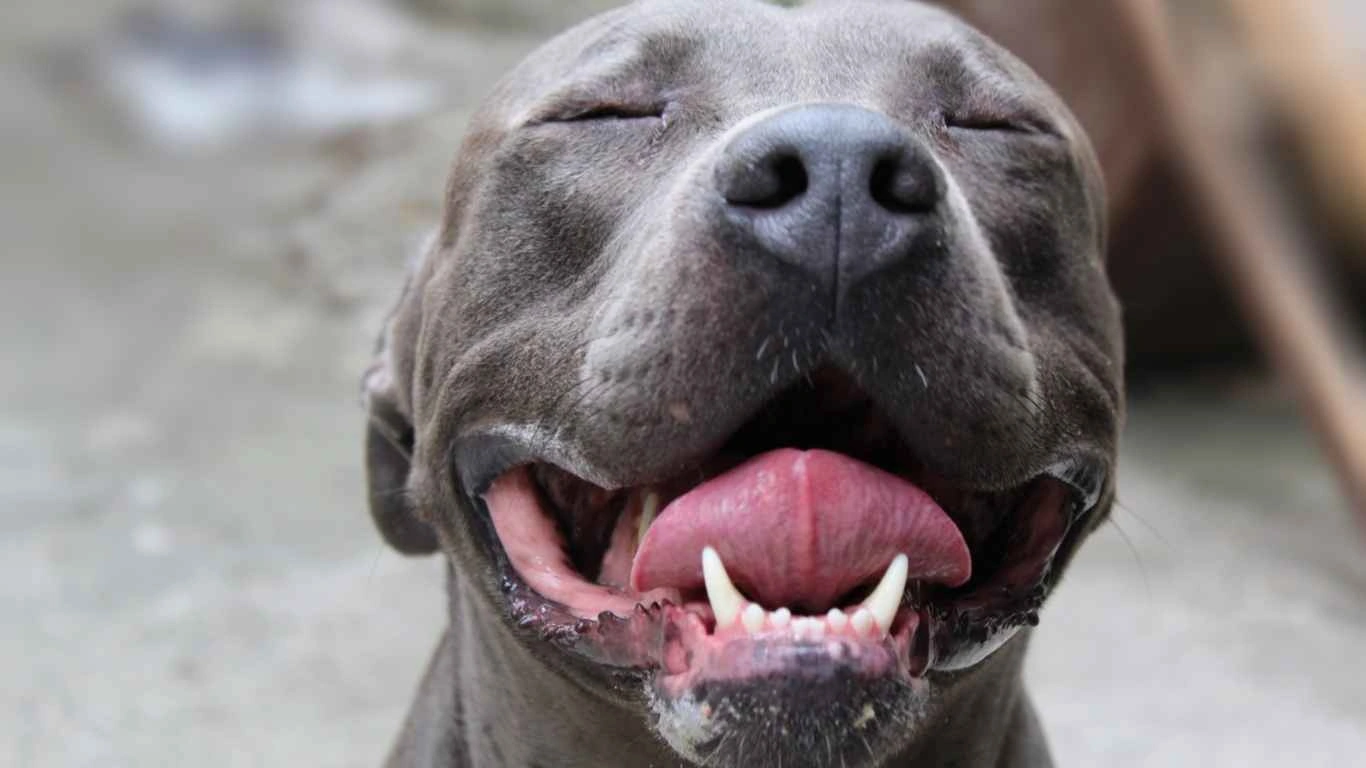
Okay, so we’ve talked about the “what” when it comes to feeding. Now let’s talk about the “how.” Because honestly, how you feed your dog is just as important as what you feed them when you’re figuring out how to prevent bloating with better dog diet. I’ve seen dogs who eat premium food still struggle because their feeding environment creates stress. And stress, yep—you guessed it—can trigger bloat.
Feed in a Calm Environment
This one’s big, especially for multi-dog households. If you’ve got more than one pup, and they’re all circling like sharks at mealtime, it’s no wonder some dogs wolf down their food in a panic. Try feeding dogs separately or using crates as calm dining spaces. I remember one anxious rescue mutt named Daisy—she wouldn’t even eat unless she was in a quiet corner away from other dogs. Once we made that switch, her eating pace slowed, and she digested way better.
Stick to a Routine
Dogs thrive on routine. Feed them at the same time every day if you can. Their stomachs start producing digestive enzymes on a schedule, and it can really help reduce gas buildup. Plus, they’re less likely to feel anxious if they know food is coming consistently.
Don’t Skip Exercise, But Time It Right
Another huge thing I learned working in clinics: the post-meal zoomies? Not ideal. Let your pup chill after eating. A full belly plus roughhousing or a walk around the block? Recipe for disaster. Wait at least an hour—preferably two—after meals before any heavy activity. Think of it like the old-school rule of not swimming right after lunch. Your dog needs digestion time, too.
Foods That Support Digestive Health
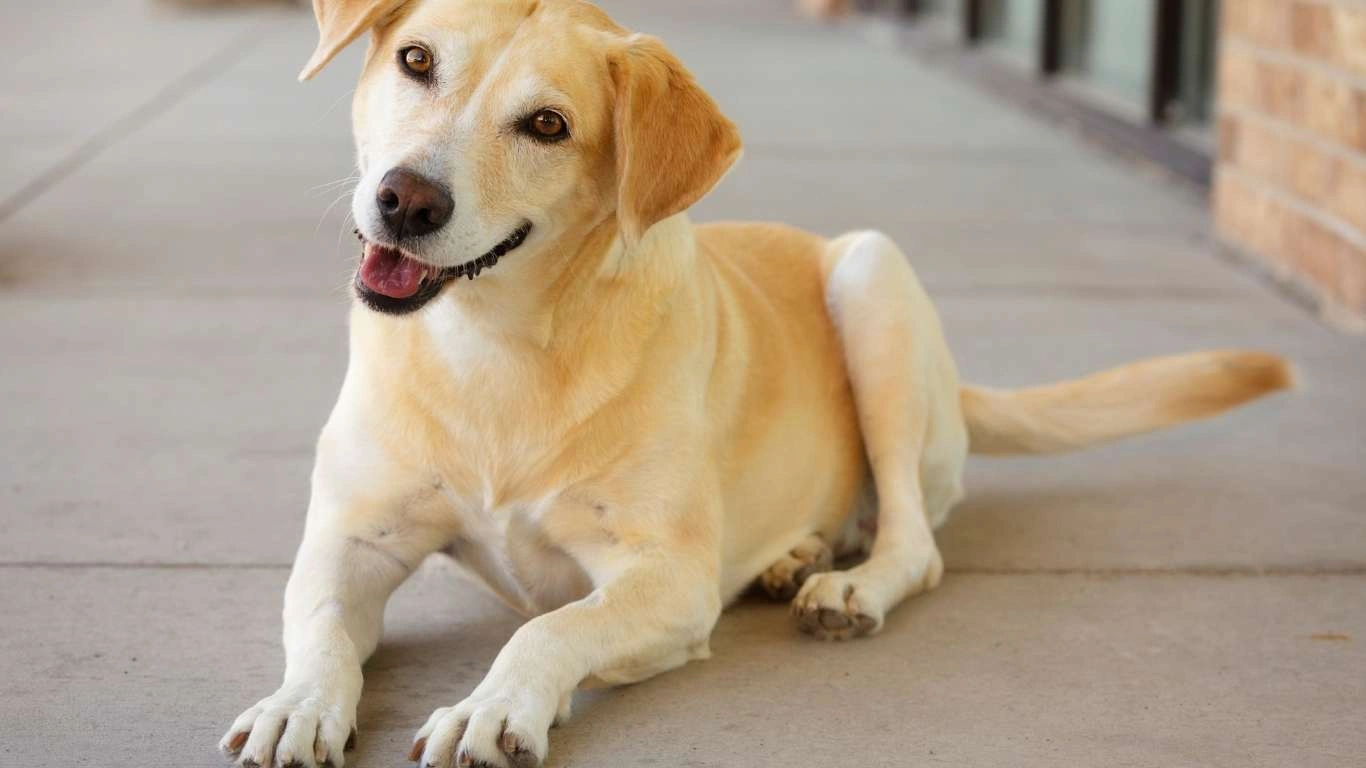
Some dogs are just more prone to bloat than others, but I’ve seen big improvements when pet parents make digestion-friendly food choices. This doesn’t always mean going full raw or spending hours in the kitchen—it’s about being intentional.
Probiotics and Prebiotics
Adding these to your dog’s diet can make a world of difference. Probiotics help balance gut flora, and prebiotics feed the good bacteria. You can find them in:
- Plain, unsweetened yogurt (a spoonful goes a long way)
- Commercial supplements made for dogs
- Fiber-rich veggies like pumpkin and sweet potato
I’ve recommended pumpkin more times than I can count—it’s like a magic food for so many digestive issues, and dogs usually love it.
Consider Wet or Hydrated Kibble
Dry kibble isn’t necessarily bad, but it can expand in the stomach if your dog gulps it down. Mixing warm water or bone broth into their kibble softens it, helps them feel full faster, and reduces the risk of sudden stomach expansion. One older lab I worked with, Cooper, started doing way better once his owners added broth to his meals. Not only did it slow him down, but his coat got shinier and he had way more energy.
High-Quality Protein, Low Fillers
You’d be surprised how many dog foods are packed with cheap fillers that only cause more gas and bloating. Look for dog food where the first ingredient is real meat—not meat by-products, and definitely not corn. Bonus points if it lists whole ingredients you can recognize. I used to bring in samples of quality brands for new adopters at the shelter—because starting dogs off right makes all the difference in the long run.
Recognizing the Warning Signs—Don’t Ignore Them
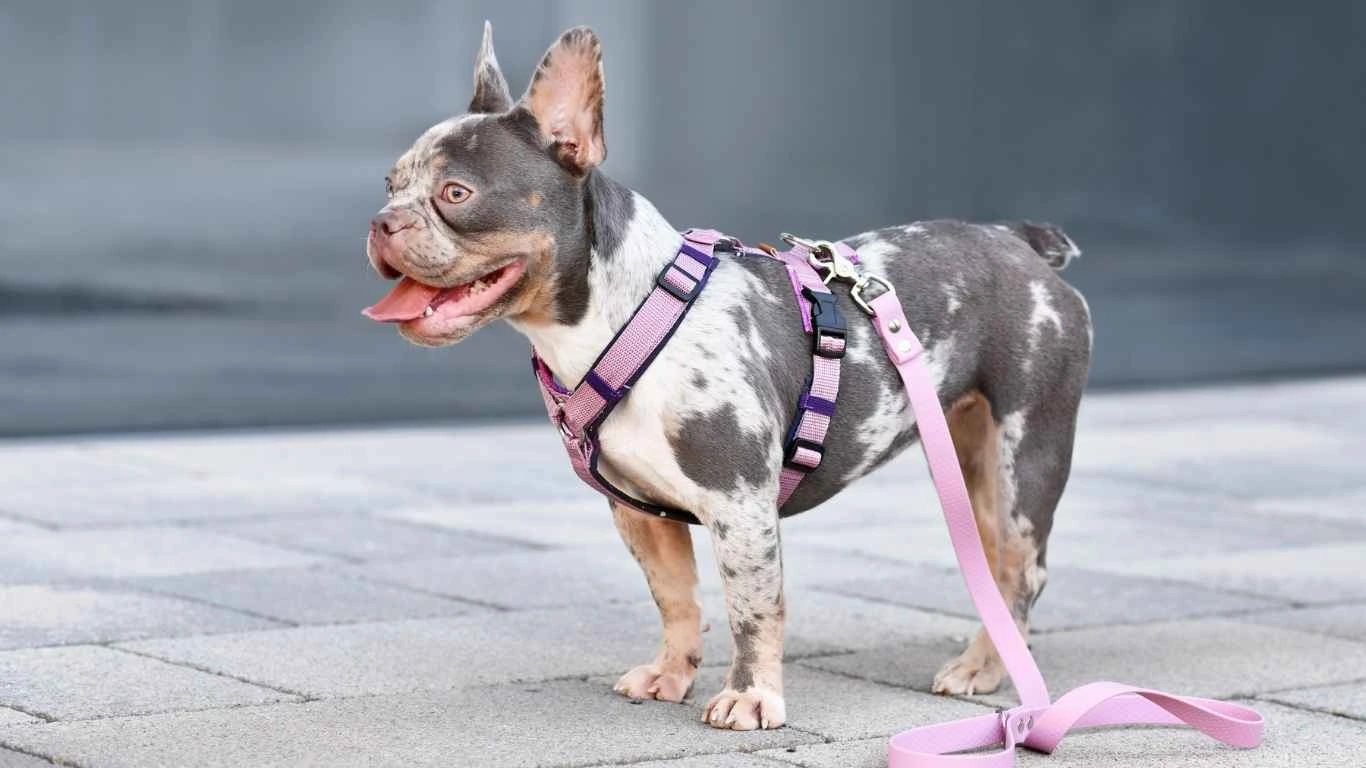
Even with all the right steps, sometimes things go sideways. That’s why knowing what to look for can save your dog’s life. If you notice any of these symptoms after a meal, don’t wait:
- Distended, hard belly
- Unproductive retching or vomiting
- Excessive drooling
- Pacing, restlessness, or signs of discomfort
- Collapse or signs of shock
Time matters. If something seems off, call your vet immediately. I’ve seen dogs go from “just a little bloated” to critical in under an hour. Trust your gut—if your dog isn’t acting right, it’s better to be safe than sorry.
Final Thought (Not the Conclusion—Just Real Talk)
There’s no magic diet or routine that guarantees your dog won’t ever experience bloat. But feeding them thoughtfully, watching their behavior, and making a few simple changes can seriously cut down the risk. And look—I get it. Life gets busy. But those few extra minutes to prep a meal right or wait before a walk? Worth every second when it comes to protecting your pup’s health.
Breed-Specific Considerations for Bloat Prevention
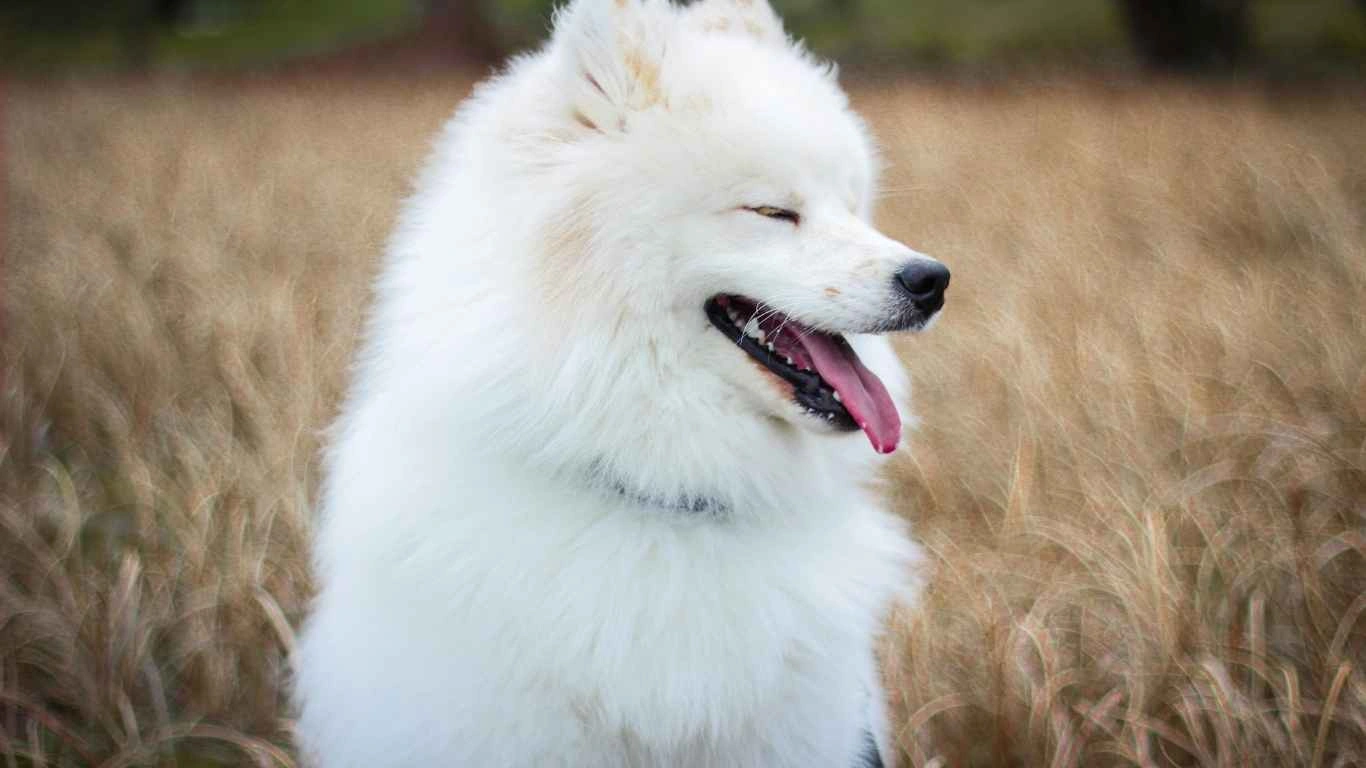
As someone who’s worked hands-on with all kinds of dogs—from tiny Chihuahuas to giant Great Danes—I can tell you firsthand that breed really does play a role in bloat risk. I remember a German Shepherd mix named Max who came into our clinic in obvious distress. His symptoms were classic: bloated belly, pacing, and drooling. His owners were shocked—he was only four and super active. But Shepherds, like Danes and Dobermans, are sadly some of the usual suspects when it comes to GDV.
Deep-Chested Dogs Need Extra Precautions
If your pup has a narrow waist and a deep ribcage (think Great Danes, Setters, Weimaraners), they’re at higher risk. That doesn’t mean panic—just be proactive. I’ve worked with clients to create customized feeding plans, slower mealtimes, and even preemptive vet consults for high-risk breeds. Some owners even opt for preventative gastropexy—a surgical procedure that tacks the stomach in place to reduce the chance of torsion. Not for every dog, but definitely worth discussing with your vet if you’ve got a high-risk pup.
Flat-Faced or Small Breeds: Not Off the Hook
Smaller or brachycephalic (flat-faced) dogs like Frenchies, Shih Tzus, and Bulldogs aren’t immune. I’ve seen a few bulldogs come in after inhaling a huge bowl of kibble, bloated and gassy. While it’s less common for small breeds to experience full GDV, discomfort and minor bloating still impact their health. No matter the size of your dog, prevention is worth the effort.
Holistic Add-Ons for a Happier Belly
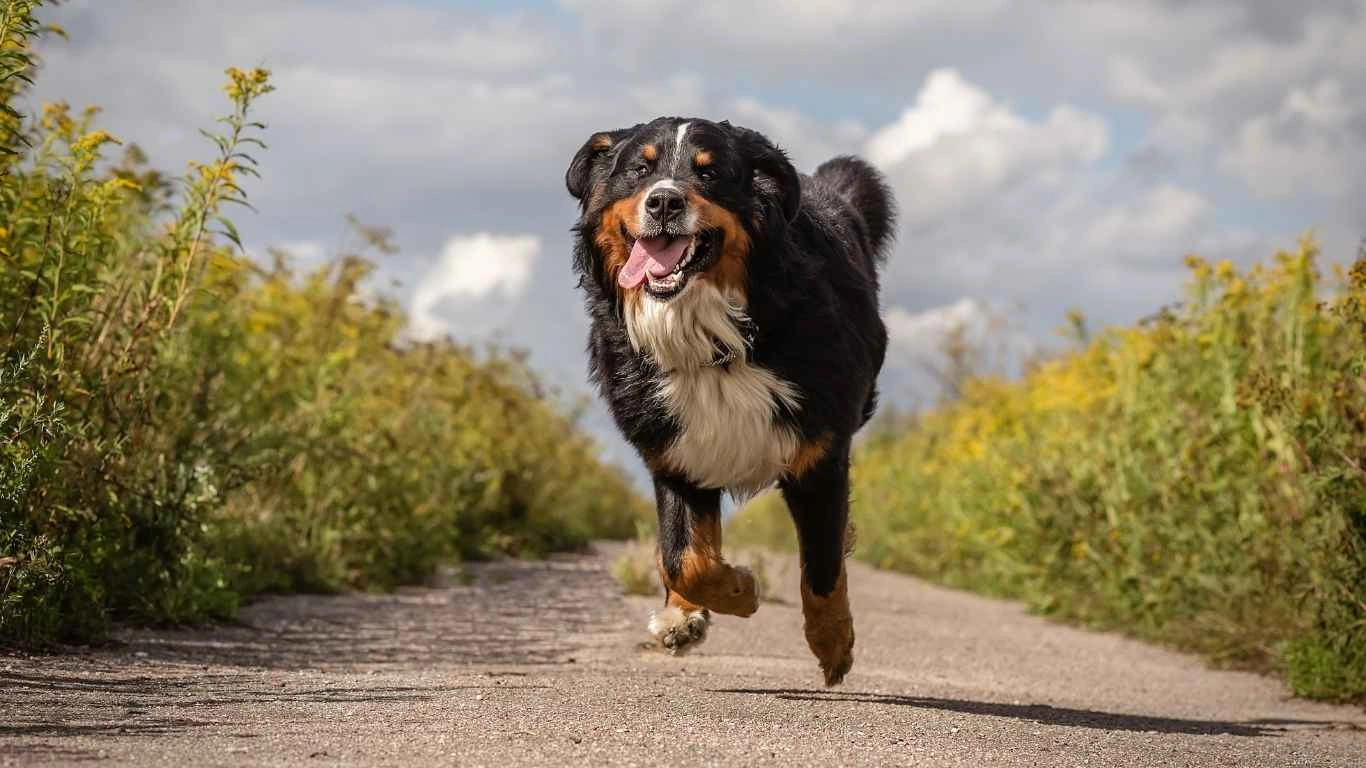
Alright, so let’s talk about the good stuff—those natural extras that can support gut health and round out your dog’s diet. I’m a fan of using holistic options alongside a solid, vet-approved base diet. These aren’t magic cures, but they can definitely give your dog’s tummy a little extra love.
Digestive Enzymes
If your dog struggles to break down food efficiently, you might notice gas, burping, or even regurgitation. A good enzyme supplement (made for dogs, of course) can help them better absorb nutrients and minimize fermentation in the gut. I’ve recommended these often to senior dogs and dogs coming out of stressful shelter situations—they can ease that dietary transition big time.
Ginger and Chamomile
Yep, the same stuff in your tea. These herbs are gentle on the stomach and may help reduce gas buildup. Look for treats or supplements that include them—or talk to your vet about safe ways to add small amounts to meals. Just don’t go full herbologist without professional advice—dogs’ systems are more sensitive than ours.
Bone Broth
This one’s a personal favorite of mine. I used to prep homemade bone broth for shelter dogs recovering from surgeries or stomach issues. It’s soothing, nutrient-rich, and super hydrating. Just make sure it’s low sodium and free of onions or garlic. Bonus? Dogs love the taste, and it encourages slower eating when mixed with meals.
When to Consult Your Vet (And What to Ask)
Preventing bloat isn’t just about food—it’s about being proactive with your vet. I always tell dog owners to treat their vet like a partner, not just someone you call when things go wrong. During routine checkups, bring up your dog’s eating habits, stool changes, and any gas-related behaviors. No question is too small.
Questions Worth Asking:
- Is my dog a high-risk breed for bloat?
- Would a preventative gastropexy make sense for my dog?
- Are there specific ingredients I should avoid?
- What supplements might support digestion safely?
Remember, every dog is different. What works for a Labrador might not be right for your Greyhound. Tailor things. Tweak as needed. And always keep communication open with your care team.
Final Words from Experience
After years in the trenches with dogs of all sizes, ages, and health needs, I can honestly say that taking the time to focus on how to prevent bloating with better dog diet is one of the kindest things you can do as a pet parent. I’ve seen it prevent emergency visits. I’ve seen it add happy years to a dog’s life. And I’ve felt the relief on a client’s face when we turned a dog’s gut health around just by slowing down mealtimes and cleaning up the diet.
This isn’t about perfection—it’s about awareness. Your dog relies on you to notice the little things and make choices with care. And trust me, they feel the difference. Fewer tummy troubles, more energy, better poops (yep, I said it), and overall a happier, healthier companion.
References
Disclaimer
This content is for informational purposes only and does not substitute professional veterinary advice, diagnosis, or treatment. Always consult your veterinarian before making changes to your dog’s diet, supplements, or healthcare routine. While I’ve shared insights from my experience as an Animal Care Specialist, each dog is unique and deserves individualized care.
